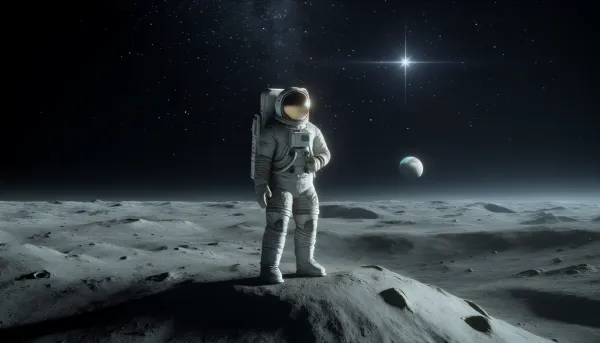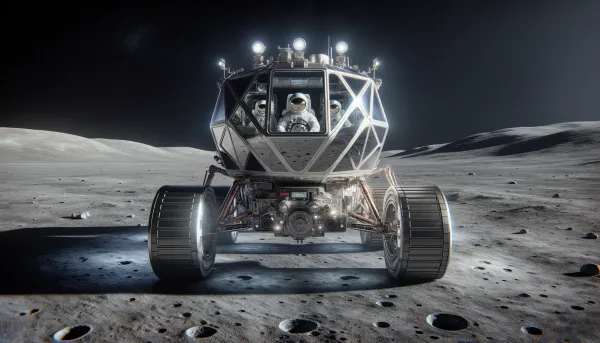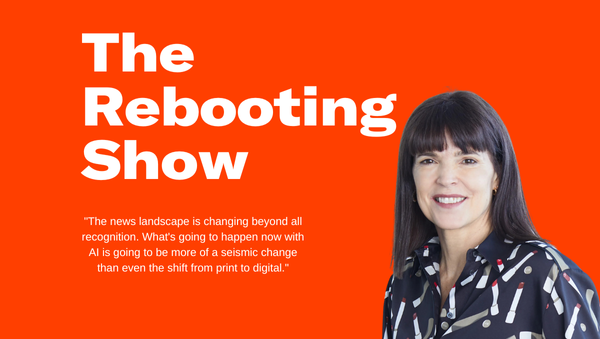The year of augmentation
Hope everyone had a nice break. Quick reminder: Let me know if you’re going to be in Vegas next week for CES. The Rebooting is holding a private dinner on Thursday, Jan. 11, with Outbrain and Adelaide focused on previewing what’s bound to be an eventful year ahead in media, with thorny issues around identity, attention metrics, artificial intelligence and more. Let me know if you’ll be in town.

It’s been 25 years since I drove regularly. I’ve noticed how augmented drivers are now as we creep toward the inevitable result of driving being a lot like flying: most of the work is done by a machine.
As technology has augmented many areas of life, so too have its warnings. When I eventually get my Andy Rooney segment on People vs Algorithms, I will start by asking if you ever notice how insistent the beeping is in cars and household appliances. Really, what’s the worst that could happen if the dishes remain in the dishwasher after it’s finished? No wonder people are anxious. Dangers everywhere.
It is safe to say 2023 was the year AI went mainstream. For now, it remains a cypher to most, something more heralded than real. Still, the augmentation of our intelligence feels inevitable, even when taking into account the amount of self-interested hype that fuels every tech innovation. We are already down this path. Companies are rushing to tout their use of AI, and this year will begin to answer a crucial question: Is this a productivity boon, or another tech that that distracts as much as it augments?
The silly season will continue for some time, in both hype and sky-is-falling predictions. The early efforts by publishers will be scrutinized – after all, reporters have an interest in boxing their corners.
AI will need to have more practical use cases in 2024. You can only do the grad student philosophizing for so long. I slogged through two hours of conversation between Lex Fridman and Guillaume Verdon, the founder of the e-acc movement who was so traumatized by his doxxing by Forbes that he’s been on multiple podcasts since and announced the closing of a $14.1 million round for his AI “entropy computer” startup, Extropic. Verdon is an earnest and highly intelligent physicist/mathematician/engineer. As we slip the surly bonds of human intelligence, we’ll hear more from people like Verdon, and we should listen.
In Verdon’s view, we face a stark choice between going forward or slouching backward to the caves. Seems a bit extreme – and everyone involved in AI has a personal interest in building up the doom mongers they decry on podcasts – but I understand the need to oversimplify messaging. Packaging matters. The upside of podcasts is the conversations are longer. I found Verdon most compelling in his belief that augmentation is inevitable. We are a technological species, after all. The question is what form this augmentation takes, and how it can be done in a way that doesn’t subsume the human.
The year ahead will focus on that augmentation. The efforts to apply AI to all kinds of tasks will take center stage in the year ahead, as AI moves out of the science fiction debates and into the practical use to solve real problems, big and small. People tire of the breathless predictions of breakthroughs just beyond the horizon. Start with making sense of people’s email in-boxes before you put the robot on curing cancer or making us interplanetary.
Fridman is a good choice for these kinds of conversations. He’s a peculiar character and easy to lampoon with his oddball mannerisms. His tech credentials make him a preferred interlocutor for the wizards of our time. I can’t imagine the type of conversation he had with Jeff Bezos happening if Lesley Stahl replaced him. Podcasts will remain the most underrated media format. They’re ideal for people to explain who they are and what they’re interested in. The Bezos conversation is worth it alone for the Amazon founder’s take on “crisp documents and messy meetings.” Podcasts are best at the why vs the what.
I finally got around to watching Oppenheimer over the break. It’s a fitting movie to come out during a time of hyperventilating over a new scientific discovery. This was a point made by Bezos to Fridman: AI is a discovery, not an invention. And like all discoveries, we will adapt and learn to live with them. Oppenheimer wrestled with the implications of splitting the atom, but he had no doubts about the inevitability of it. As he told Truman, the Soviets had good physicists too. And ego tends to drive people. Oppenheimer himself became less compelling the more of a bureaucrat/manager he became. The movie hinging on a bureaucratic procedure is hardly an endorsement of the thrills of government work.
The anti-nuclear movement has a mixed track record. The horrors of potential global destruction tend to be too great for most people to spend much time focused on because it would be crushing. The same has happened with climate change, and it will come to AI augmentation. There will be those who take the path of Thoreau and retreat to their cabins in the woods. But most of us will go along with the promise of these tools. Bezos advises to focus on things that won’t change in 10 years. The human drive for augmentation will not change.
And the spanner in the works, which I’ll write about more on Thursday, is whether large-language models have a Napster problem, in the words of Adam Ryan. The New York Times’ lawsuit against OpenAI is part of a negotiation, and the deals OpenAI has struck already with the AP and Axel Springer show a willingness to cut the check. Apple’s wooing of publishers will increase that pressure.
Thanks for reading. Please send me a note with your feedback. My email address is bmorrissey@therebooting.com.
For sponsorship inquiries, check out The Rebooting’s sales kit and get in touch.




